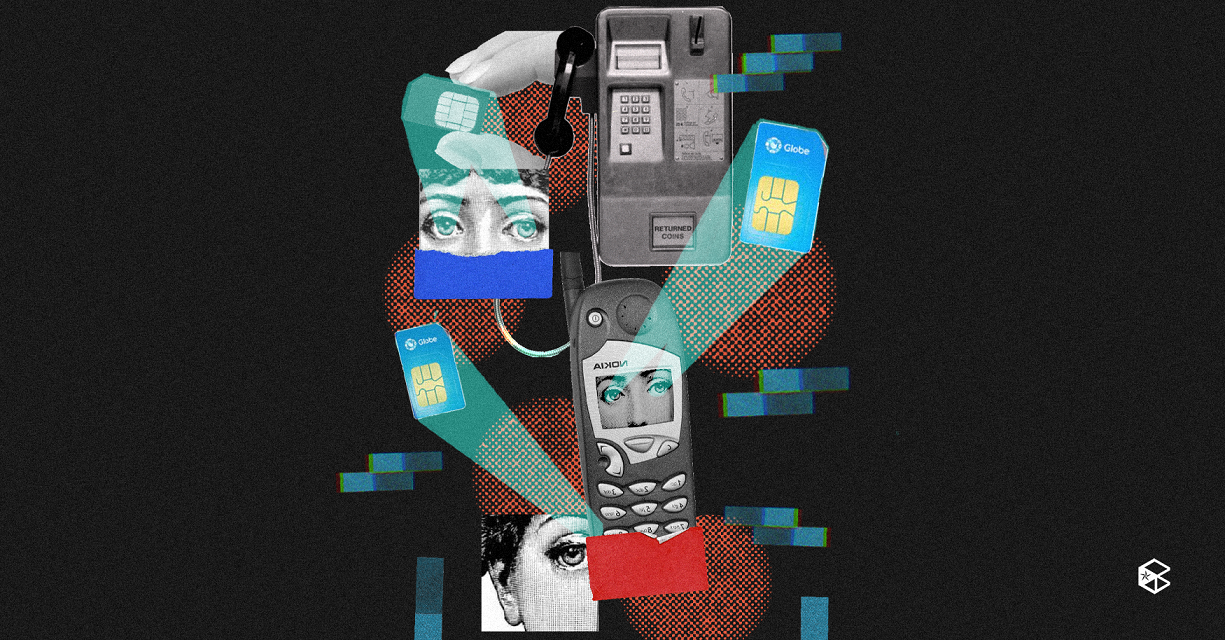President Bongbong Marcos signed the SIM Card Registration Act (RA 11934) into law on Oct. 10, requiring the registration of all SIMs to their respective telecommunication companies (telcos) to “prevent the proliferation of various and evolving electronic communication aided criminal activities,” the National Privacy Commission (NPC) said in a press statement.
“With the signing of this act, we will finally achieve what is long [overdue]–an effective means of regulating the issuance of SIM cards to curb the spread of spam text messages and scams. We will soon be able to provide law enforcement agencies the tools needed to resolve crimes perpetrated with the use of these SIM cards; as well as providing a strong deterrence against the commission of wrongdoing,” Marcos Jr. announced.
In a report by the Philippine Daily Inquirer, as of Jan. 18, 22.3 million users have already registered their SIM cards, which is already 13.2% of the total number of subscribers. However, with internet connectivity concerns in remote areas, the National Telecommunications Commission (NTC) instructs telcos to assist in registration initiatives across 15 regions.
Below are the provisions in more detail:
- The law covers both prepaid and postpaid users.
- The law requires users to present valid identification document/s, including a selfie verification, for “an additional layer of protection against fraud.”
- Existing users still need to register within the given time frame. Failure to do so will result in deactivation.
- The law requires telcos to track the offender’s details via their SIM information for crimes committed online.
- The use of fictitious information and/or identity upon registration will be dealt with by their respective penalties.
- The last day of registration is extended until Apr. 23. However, the Department of Information and Communications Technology (DICT) is eyeing a 120-day extension.
As the law took effect on Dec. 27, 2022, several Twitter users openly expressed their frustrations as they called on others to junk the law. User Philip Jamilla (@pmjamilla) writes, “The way it looks now, SIM card registration threatens the privacy and anonymity of activists, journalists, and whistleblowers—and this has been observed as an alarming consequence in other countries that tried to implement these measures. I hope we listen to human rights groups.”
In another tweet, Mong Palatino (@mongster) shared a photo of a group protesting against the SIM Card Law with the caption, “Protest against SIM card registration in front of NTC as consumers, workers, urban poor groups raise concerns about the law.”
What’s at stake?
Masked behind promising goals, the SIM Card Law poses more of a threat than a shield to our cybersecurity. With the recent spate of SMS phishing linked to COVID-19 contact tracing, it is not far-fetched that a similar government provision will lead to another national data privacy breach. It is also worth noting that this law may be used against the people to red-tag progressive individuals and organizations, making it a possible threat to privacy and our security.
For more information, you may reach out to your respective telco providers. Below are the major portals to take note of:
Smart subscribers: smart.com.ph/simreg
Globe subscribers: new.globe.com.ph/simreg
TNT subscribers: https://tntph.com/Pages/sim-reg
DITO subscribers: dito.ph/RegisterDITO


